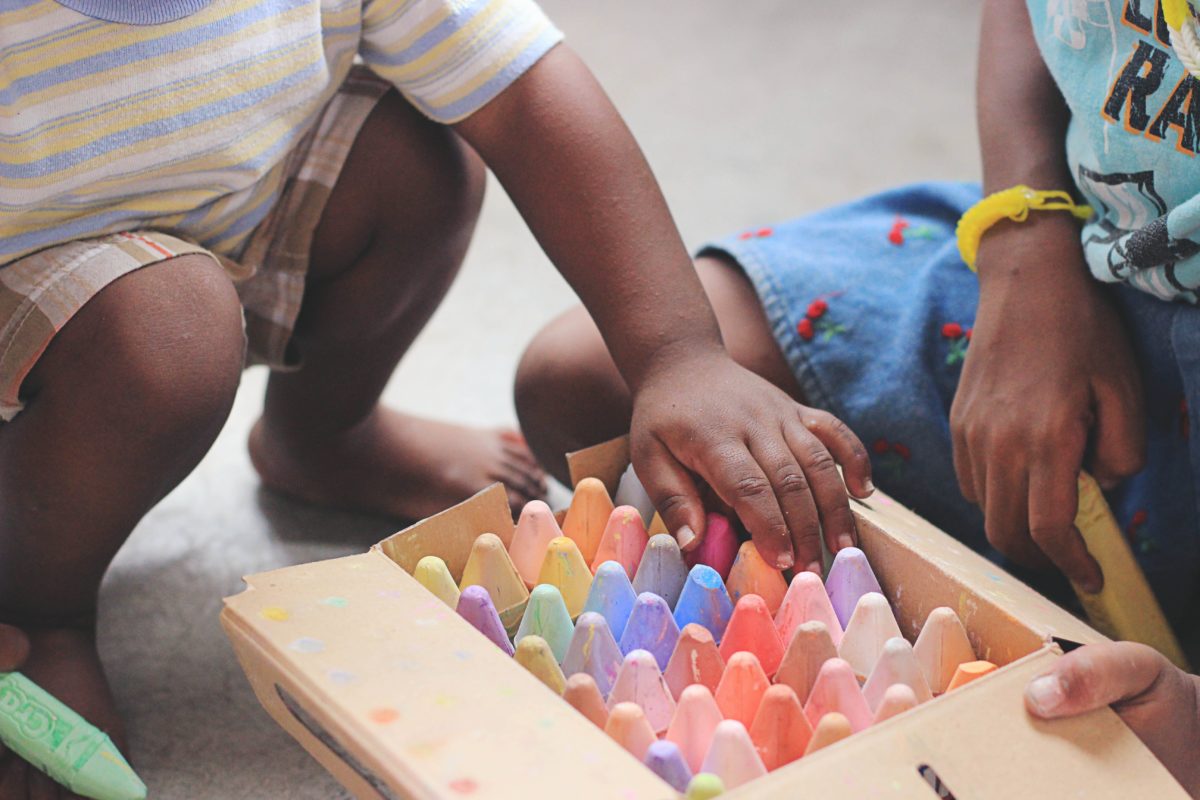There has been a welcome focus recently on how to improve the quality of social work practice skills, to ensure that workers are supported and equipped to engage collaboratively with families and build trusting relationships, particularly in the context of risk to children – and these aspects of practice are critical. Yet as well as having good practice skills, social workers also need to make good and wise professional judgements and decisions. But how best to help them do so? We’re hoping that a new study can help shine a light on this, and we’re looking for social workers to sign up.
Measuring the quality of a decision is not straightforward. If we consider only the outcome of the decision, we overlook the impact of chance and the complexity of the environment, with its many varied and interacting parts. We may end up believing that those tasked with making harder decisions make worse decisions, conflating complexity with quality.
In our study, we’re hoping to compare social workers’ forecasts for anonymised summaries of real cases with reality – what actually happened in that case. We’re also testing whether small exercises online can help to make forecasts more accurate, drawing on the approach of the Good Judgement Project.
Of course, no-one can know for certain what will happen next for any child or family. All such judgements must be based on weighing up probabilities and social work decision-making is far more complex than simply forecasting a desired outcome and then making it happen. Not least because good decision-making is also informed by our values and is undertaken collaboratively, as far as possible, with children and families. But it’s also true that social workers in England are required by law to assess the likelihood of future significant harm, and to make judgements every day about whether a parent might benefit from this or that service, or what might happen if a case is closed or kept open. All of this involves making some sort of forecast about the future (however implicit or explicitly done).
If you are interested in taking part, you can do so via this link. We are looking for 600 social workers in England to take part – and for every one that does, What Works for Children’s Social Care will donate to charity. This means that Trevi House and Become will each receive up to £2,100 if we achieve our sign-up targets.

